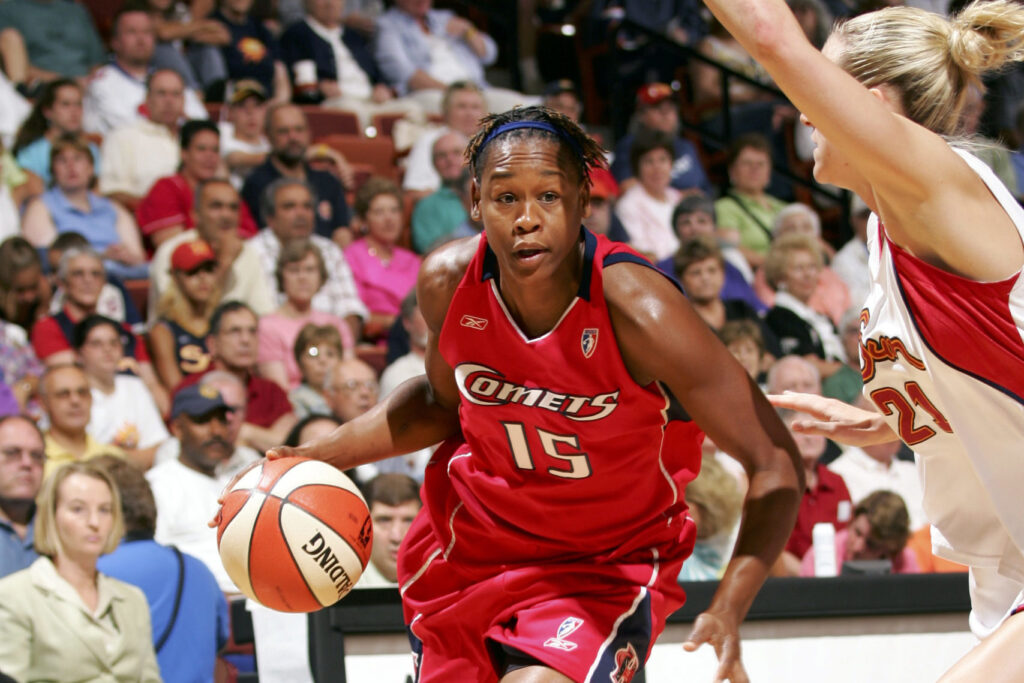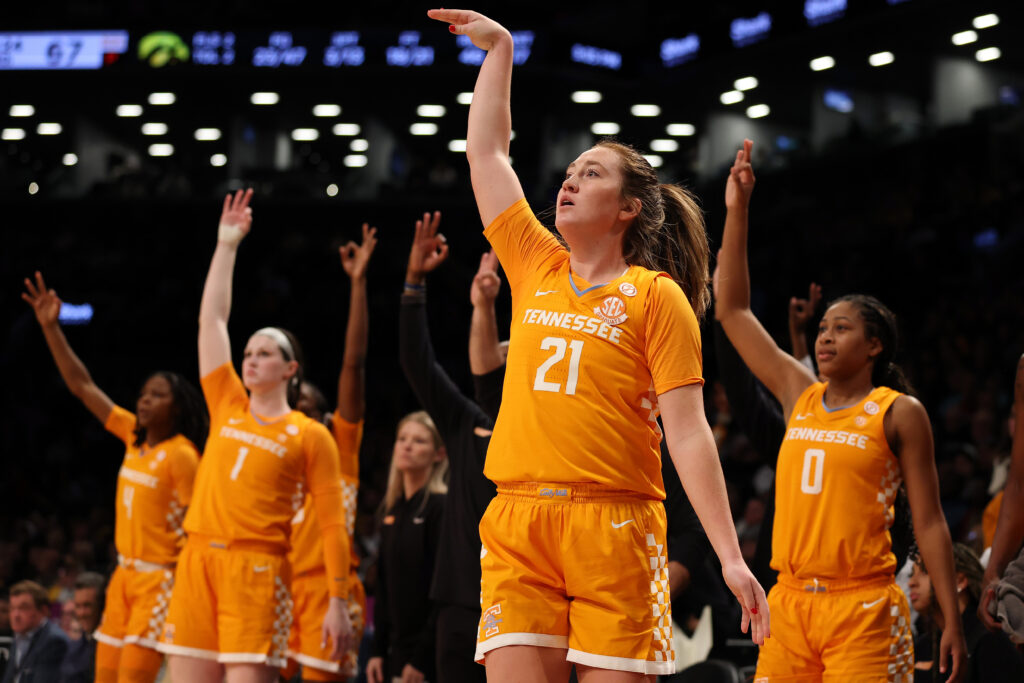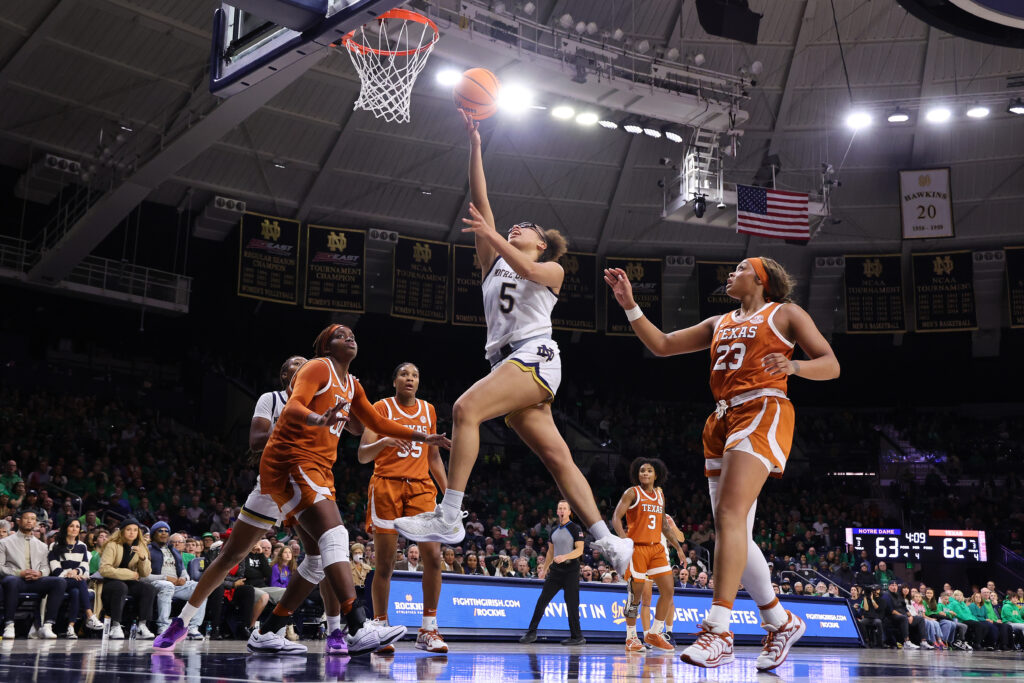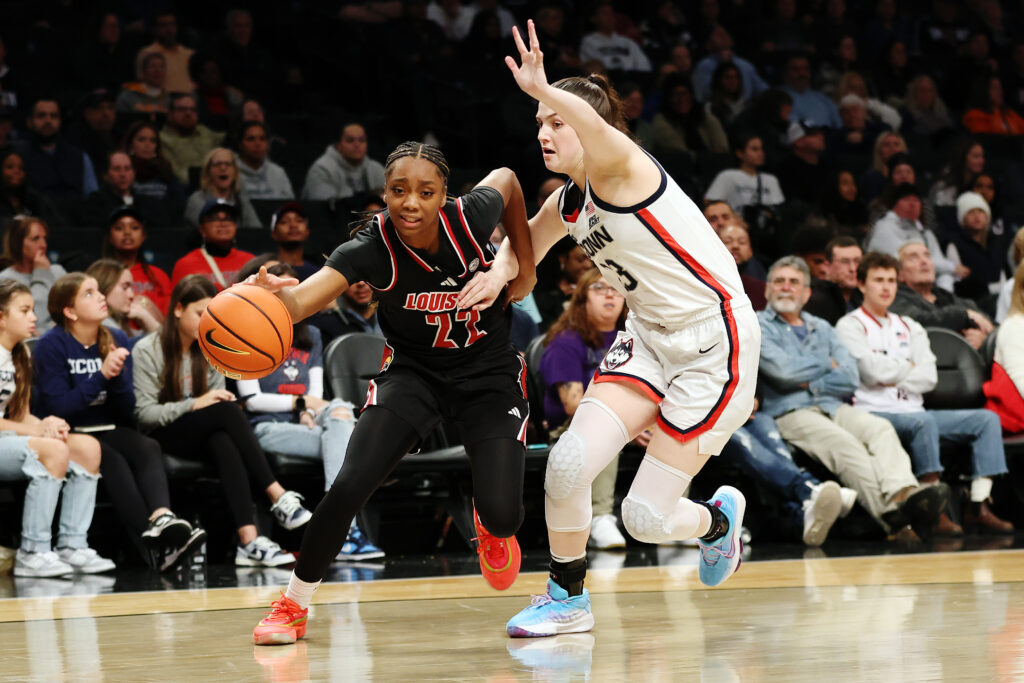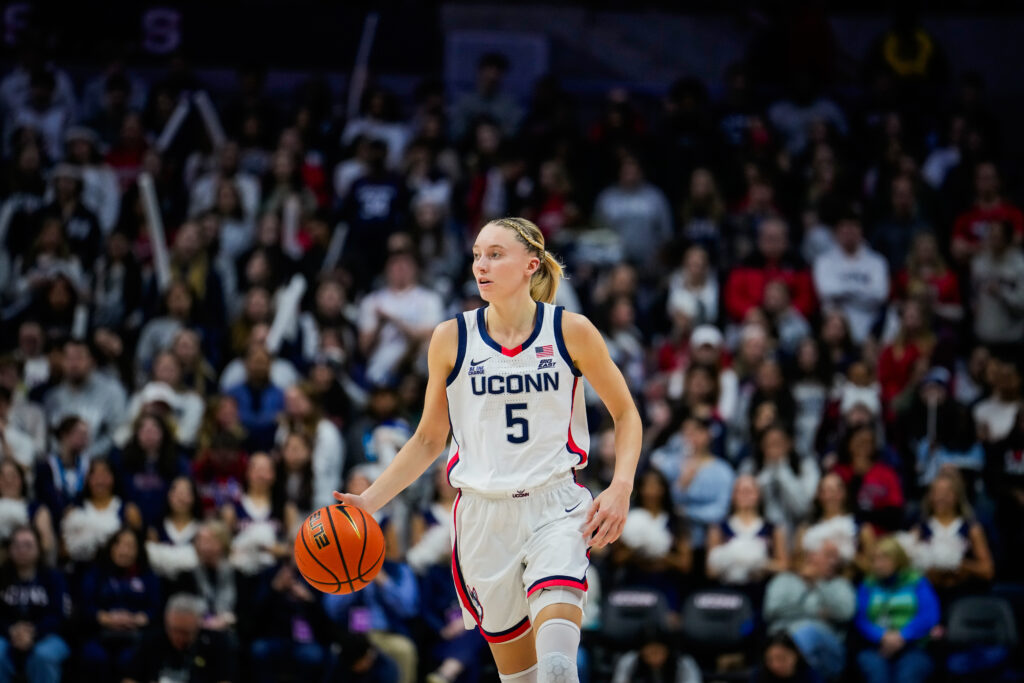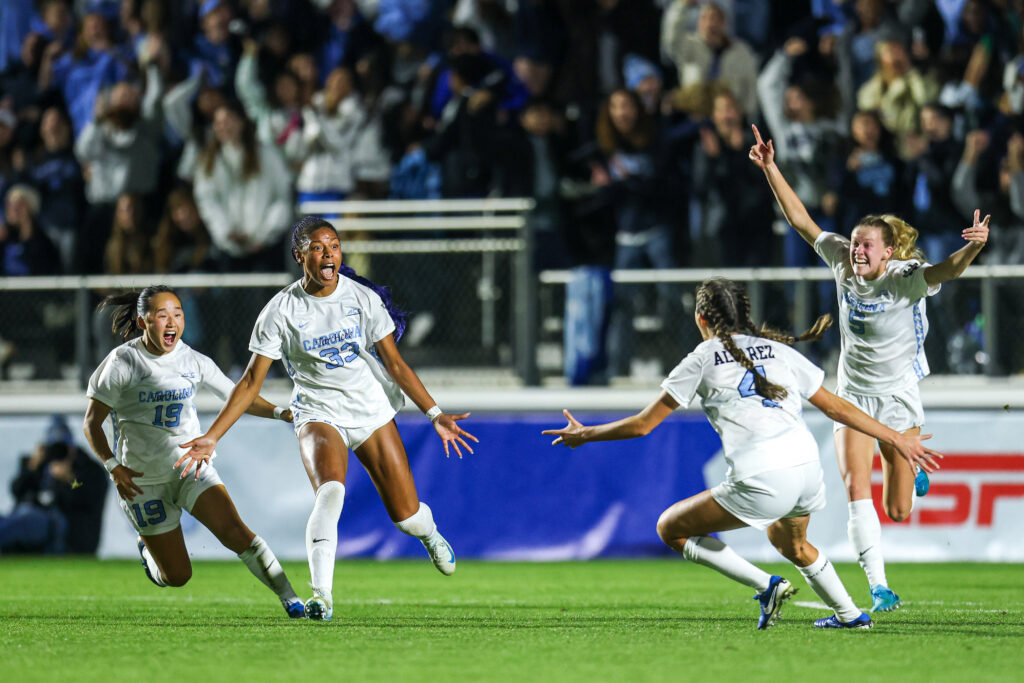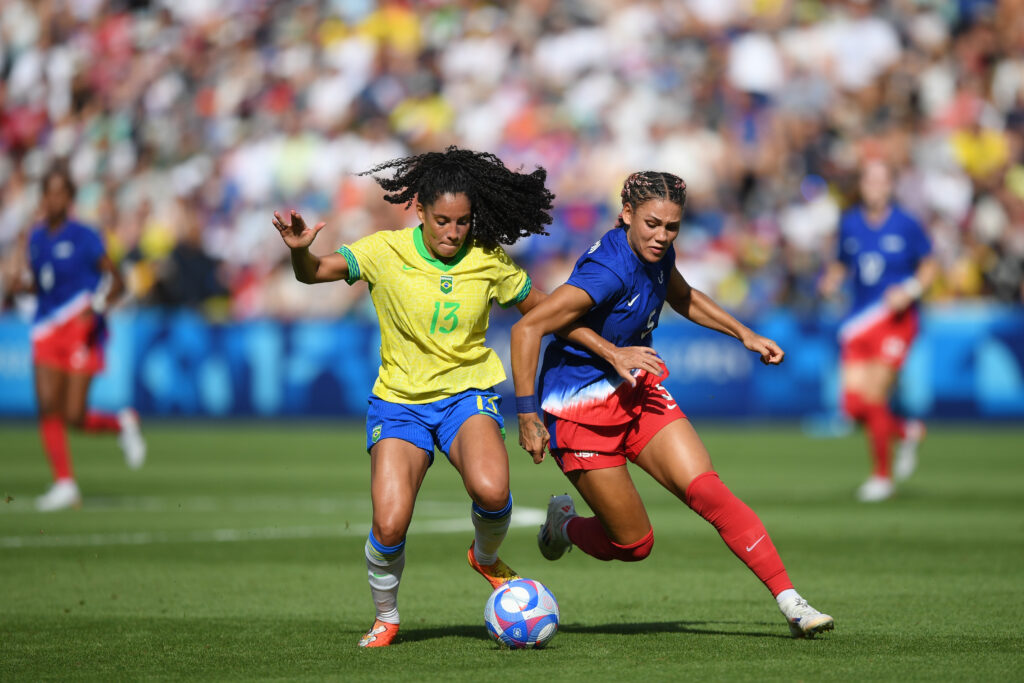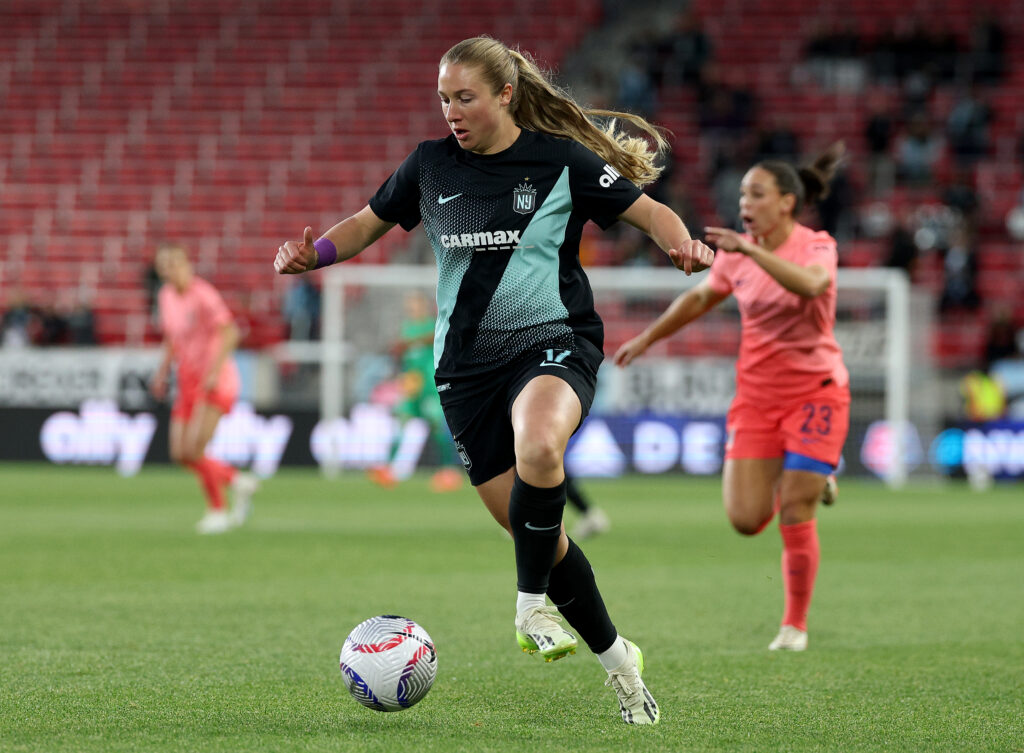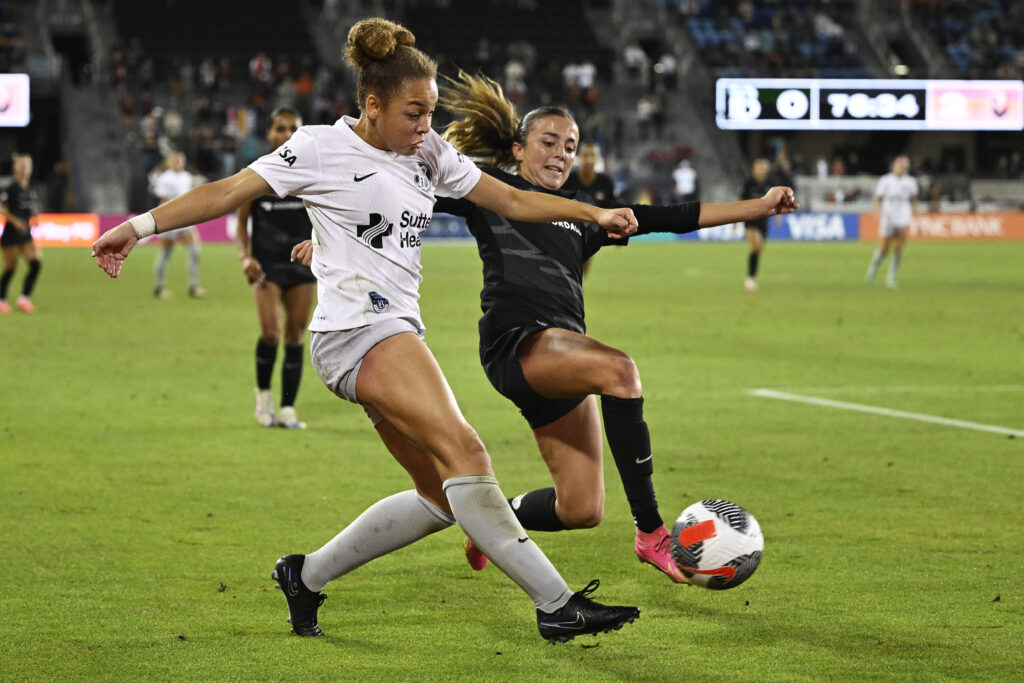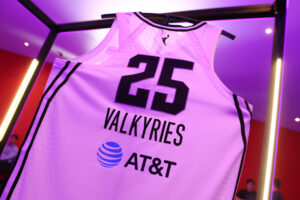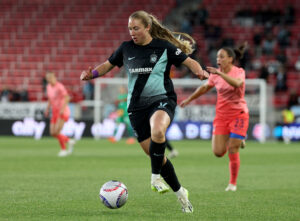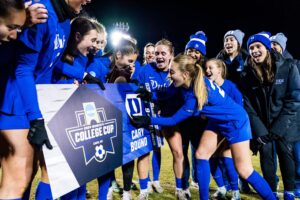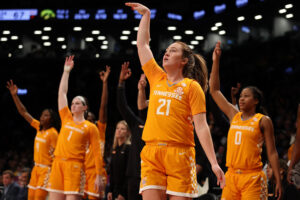In a world where the way we look is often considered more important than how we play our sport, Black women continually break through glass ceilings to earn respect. The long history of Black women participating in basketball will not go unrecognized, no matter how many false impressions are given. Still, the importance of women’s sports to young girls across the globe is immeasurable, and it sees no color.
For centuries, Black athletes have excelled nationally and internationally, but for Black women, competing often came at a cost. Instead of being recognized or respected for their athleticism, they were regularly taunted and demoralized. But many of them forged on, because they had a higher calling to help future basketball players excel and flourish in ways they never imagined.
Two of the earliest all-Black women basketball teams were the Philadelphia Tribune Girls, led by center Ora Mae Washington, and the Chicago Romas. The Romas, playing against both men’s and women’s teams, didn’t lose a single game in six years following World War II, from 1939-45. That was in large part thanks to their best players, namely Corrine Robinson, Mignon Burns, Lillian Ross, Virginia Willis, Lola Porter and Isadora Channels. The Romas were unable to capitalize on the many opportunities basketball had afforded men, but they continued to play ball, setting the stage for a future they wouldn’t live to see.
In the last 30 years, women’s basketball has gained more recognition and support. The teams of the 1930s and 1940s passed the torch to players such as Lusia Harris, Althea Gwynn, Elizabeth Galloway McQuitter, Janice Lawrence, Lynette Woodard, Medina Dixon and Cheryl Miller. Those icons then passed the torch to us, who have since passed it on to the current generation.
As public interest in women’s basketball grew, so did the development of professional women’s basketball leagues like the WBL in the 1970s, the ABL in the 1990s and the WNBA in 1997. By 2000, top women’s basketball players from the college ranks and overseas were seen as viable investments for shoe deals and endorsements, just like their male counterparts.
Dawn Staley and Saudia Roundtree became household names thanks to their signature shoe deals with Nike and Reebok. But there were others, like Elizabeth Galloway McQuitter of the now-defunct WBL, who also opened the door for young girls with dreams of playing basketball but have not been as widely celebrated. The WBL was the first professional league in America, and what we did paved the way for others. We need to put every era on the basketball timeline, so the legacies of players like McQuitter are remembered.
Decades later, WNBA players in 2020 have indisputably transformed ignorance into awareness for social, racial and criminal justice, led by Maya Moore, Candace Parker, Tina Charles and Layshia Clarendon, just to name a few. It takes more than Black History Month to recognize all of the players involved in building this empire.
I often wonder how to thank all those who came before me, so I decide to use Kobe Bryant’s “Dear Basketball” as a tribute to Black History Month and the game that changed our lives forever.
Basketball has been a vehicle through which Black women can earn a scholarship, an education and a chance to make a career out of what they love. Truly, basketball has provided me with more than I could have ever imagined. All I had to do was practice.
I pay homage to the sport that saved my life and put my feet on solid ground. You helped me earn a scholarship to play in college, which in turn led me to a career overseas in Brazil, Spain and China. You then opened doors for me in two professional leagues, the ABL and WNBA. I’ve met countless people and traveled the world, all for the sake of growing the game. You helped me build lifelong relationships with phenomenal women from all walks of life. We created bonds that can never be broken — a sisterhood through all generations.
I salute you for being a part of my soul’s journey and for helping me become a towering example for many young girls who have a dream.
Adrienne Goodson (“Goody”) is a contributing writer at Just Women’s Sports. She played 14 years of professional basketball, including seven in the WNBA. A three-time All-Star in the pros and an NCAA champion, she was inducted into the Old Dominion Hall of Fame in 1999. She is the host of the podcast “A WNBA State of Mind with Adrienne Goodson.” Follow her on Twitter @agoody15_wnba.
